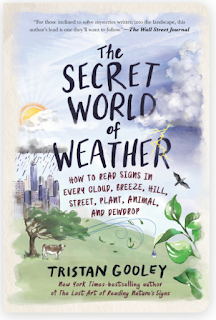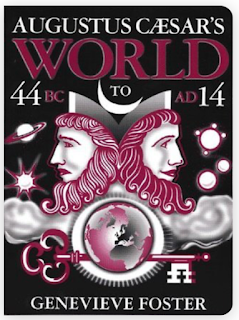My husband bought this for me years ago when I was interested in astronomy. I put it on the shelf, under other books (never a good thing). Recently I rearranged all my shelves and decided to go through the book. Half of it is a logbook but the first half is quite informative. Those pages are what I will be narrating from. My goal is half a chapter. We shall see. I have only a short amount of time this morning for reading. So, let's get to it!
A Brief History of Astronomy
From the dawn of time, people have believed that the sky, movement of the planets and stars were of major importance to their livelihood. Astronomy is the oldest science and yet it is still evolving.
Ancient Astronomy
In the beginning there was no distinction between astrology and astronomy- the belief that the stars and planets impacted lives directly and the scientific study of stars and planets. Comets and such phenomena were taken to mean there would be negative occurrences on the earth (earthquakes, plague, etc.). Even into the Middle Ages, astrologers were also astronomers.
Astronomy developed independently on various continents, taking on various forms, mythological to scientific. Archaeology backs this by physical findings just about everywhere that people tracked the stars and planets. In China, during the Shang Dynasty, there was a calendar of 360 days that tracked the solar and lunar phases. The Egyptians went one further and devised a 365-day calendar.
Later in history, observation met philosophy and Aristotle declared the universe was a finite (limited) sphere with Earth at the center. This was a geocentric universe theory. The Greek-Egyptian Ptolemy stated that the Earth was the center of universe, and as such, the Sun and planets revolved around it. He made a list of 48 constellations that are still used today, with some revision.
The Copernican Revolution
In the 15th century Nicolas Copernicus wrote a book titled On the Revolution of Heavenly Bodies. In this work, he refuted the geocentric universe theory and instead advanced a heliocentric theory; that the Sun is the center of the universe and all revolve around it. This meant that the Earth was "just another planet" (third rock from the Sun) and that the stars and other planets appeared to revolve around it because the Earth itself was in motion. In addition, he put forth the idea that the stars and planets seemed to be brighter at different times in direct relation to the distance it was from the Earth.
Copernicus did not answer all questions, such as if the Earth was in motion, how did objects on the Earth stay put and not fly off? He also understood that his ideas were in contradiction to the Catholic Church, so he was careful to state them as theories, not fact. At first, his theories made little difference but in the late 16th century the observations of others finally overthrew the geocentric theory.
There is an illustration of the Copernican model with the planets orbiting the Sun.
Tycho Brahe and the Supernova
In the 16th century Tycho Brahe was a mathematician studying to become a diplomat. But he was in a duel (over a mathematical argument) in which he lost part of his nose. His major notable accomplishment was his observations of the constellation of Cassiopeia in 1572, in which there was an explosive birth of a new star. His well documented observations have helped many astronomers searching for evidence of other supernovas. He did however still believe in the geocentric universe theory.










